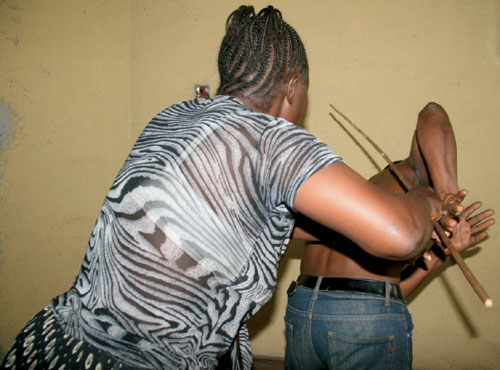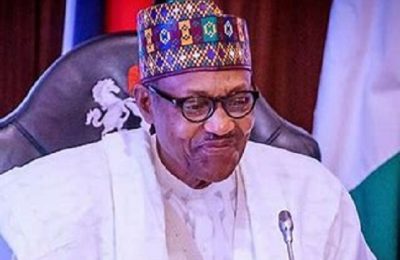
Have you ever wondered when child discipline turn to domestic violence or abuse?
Every parent has a style of parenting and every culture also tends to provide a standard which is considered normal and most appropriate in bringing up a child. While discipline is a very important tool in bringing up a child, there may be certain ways which may just be extreme and considered domestic violence and abuse to a child.

Today, many parents take extreme measures in ensuring that their children turn out to be the best in society and they are willing to use whatever corrective measures they deem fit in setting their children on the right paths in life.
It is with the desire to know just when these so-called disciplinary methods would be considered too much to be classified as Domestic violence or child abuse that we take to the streets to hear what both parents and children had to say.
Younger generation Nigerians would readily say that parenting style in Nigeria is hard and harsh compared to their Western counterparts, however, for the African or the Nigerian Parenting Style; There are definitely some unique characteristics.
Mr James, a young banker and father of two, highlighted that every parent on their own know just when it is extreme as there are no rule books to training one’s child.
“Every parent should know just when it is extreme. It has to do with the mind. There are certain things I can’t do to my kids, but another father would readily do that to his own kids. So, there are no rule books.”
On what measures he would consider being extreme, he says, “Like I said earlier, there are no rule books, extreme could be basic to another person, but to me, anything that leaves marks on the child is just too extreme.”
READ ALSO – Exclusive: Dirt, Clogged Gutters, Human Waste ‘Beautify’ Mega City Of Lagos
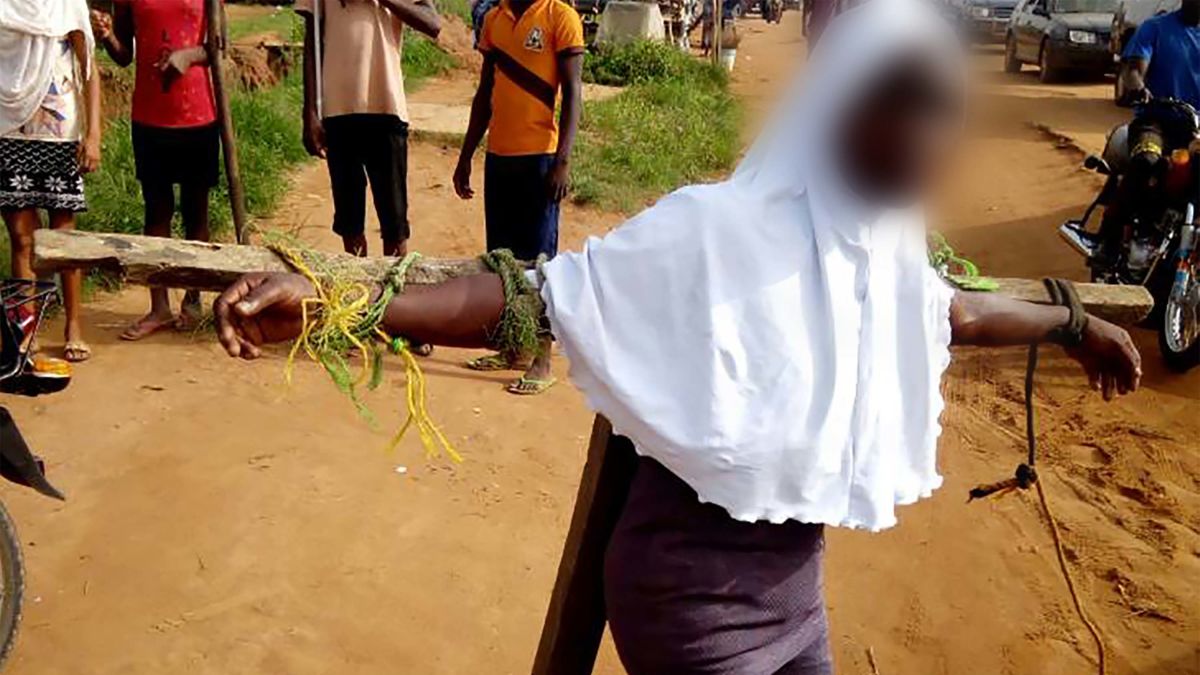
Many children are left with marks from one parent or the other over one error they had done, both physical and emotionally imprinted marks which often does more harm than good to the entire well-being of the child.
Speaking to a young boy identified as Jibola, a victim of his parents’ so-called disciplinary methods, as he tells his story clearly points out that many Nigerian parents often take extreme measures in the disciplining of their children, often forgetting to think and only acting on anger.
‘Tell me how you got the mark on your forehead?’ I asked him after we had exchanged pleasantries.
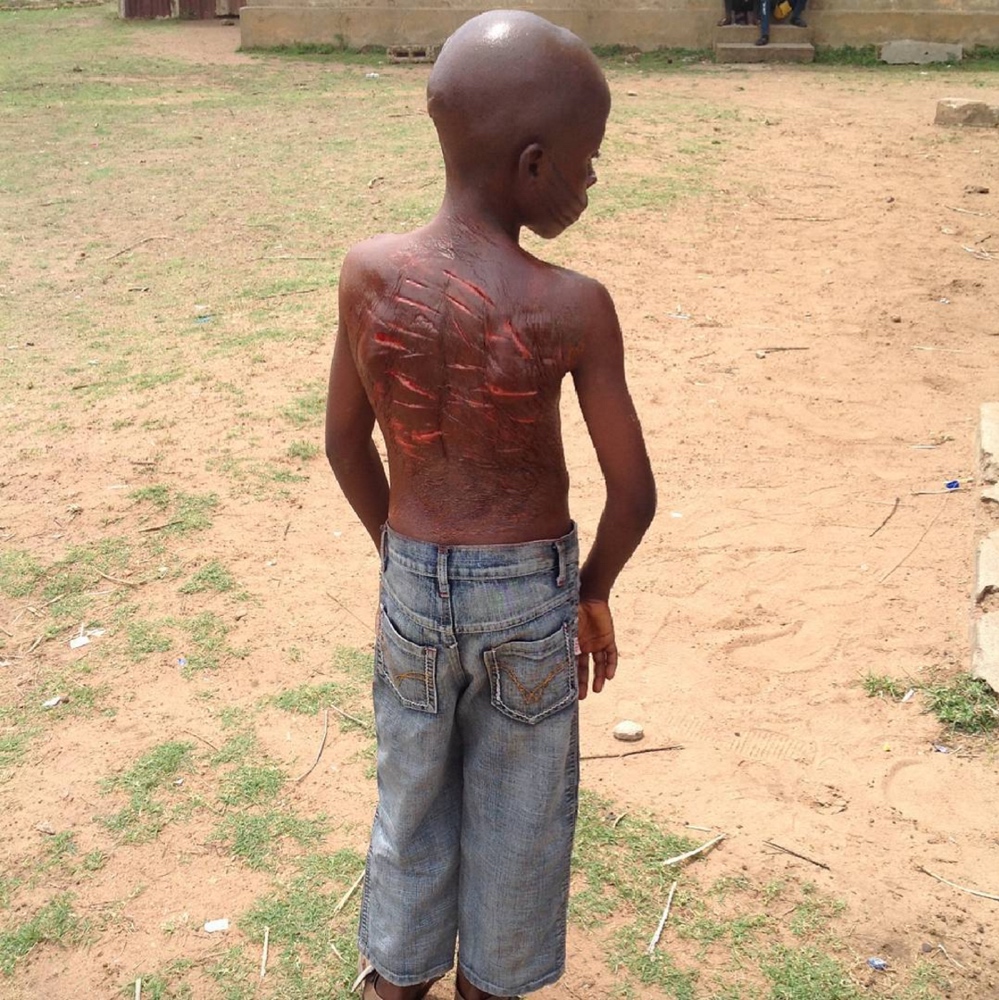
“My Dad did that to me, I will never forget. I got back from school one day and because I forgot to turn on the pumping machine, he threw a shoe at me and the sole, opened my head. We had not had light for days because they cut our line, but the previous night, they fixed the light and we all expected power that night but it didn’t come. The following day, he came back home and realized that I had been in the house when they brought the light, which was when I came back from school. So I forgot to pump water, and they took the power. Discovering that I didn’t pump water when there was power, he did this to me. I know he acted out of anger but look where that has left me.” He laughed as he touched the scar on his forehead.
Looking at his face, I asked, “How does it make you feel when you see the mark?”
‘Well, there is nothing I can do, it happened way back in secondary school. I feel bad that the mark is there, but my feelings have given me a definition of how I will bring up my own children.’
“Which is?” I asked.
He laughed as he shook his head saying: “Definitely not like this.”
Like, 19-year-old Jibola, who is celebrating his freedom away from home because of his recent admission to the university, many Nigerians are victims of domestic violence from their homes all in the name of discipline.
Another parent and teacher identified as ‘Aunty’ Ruth, pointed out that many parents act first on anger and later realize the damages they have done, she also provided what she thinks is a reasonable approach.
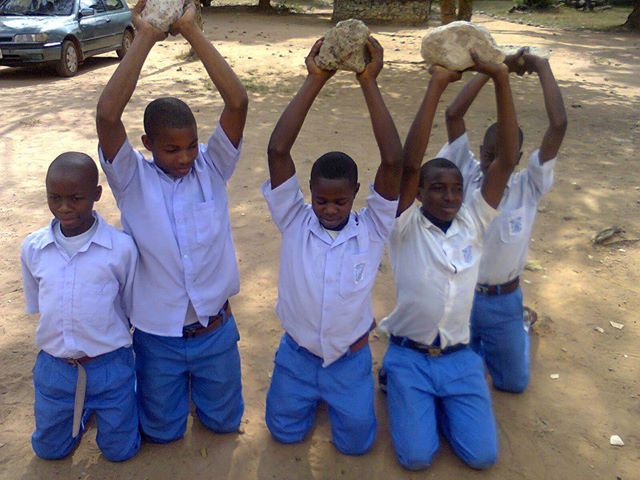
“We forget that parents are human beings too, they get angry and I think it’s with that anger that they go extreme in their disciplining. As a mother and teacher, I’ve had the first-hand experience on how annoying children can be, but notwithstanding, discipline should be well communicated. Parents should let their children know what is coming before they pounce on them.
If a child has done something wrong, let them know and tell them ‘Hey, you will be punished’ that way, it leaves a window for reflection for both the child and the parent before extra damages are done.”
While many Nigerians are trying to do right by their kids in bringing them up in the best way they know, a lot of times, damages have been incurred by the children from the extreme efforts of their parents in grooming their sanity.
The story of Gabriel, a twenty-four-year-old man who was one time disciplined by his parents over food left him emotionally traumatized at that point of his life.
Narrating his story, he said that his mother had punished him with a large quantity of food because he cooked more than the instructed volume of food.
“So I cooked two-and-a-half derica of rice instead of two, and my mom practically fed me the half. I couldn’t finish it of course so she shoved the rest down my throat”
Asking him what he thought about the whole experience, he said “I got the message, even though it was a mistake, I was very certain I heard two-and-a-half. I learnt my lesson and at that point in my life, I became really afraid of my mother and food. I am not afraid of food anymore, but my mom, I still very much am.”
A lot of time, many Nigerian parents resort to using fear in putting their children in check. A tool that works really well but is likely to damage the child emotionally in the long run.
Many children live in fear of their parents because of the extremities of their disciplinary methods, while we are not discarding the need to discipline a child, our concern is how?
Where do you cross the line in disciplining a child?


